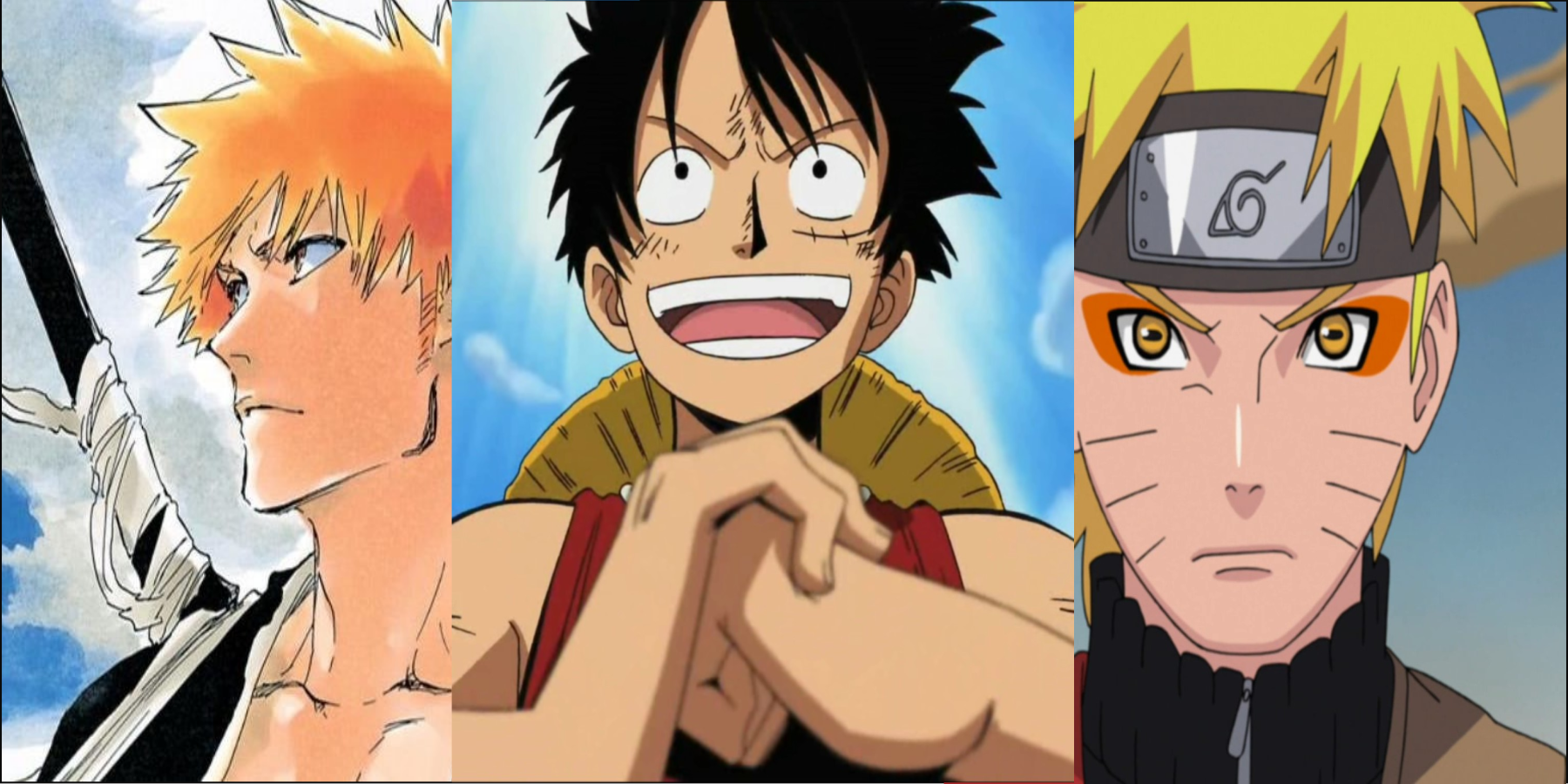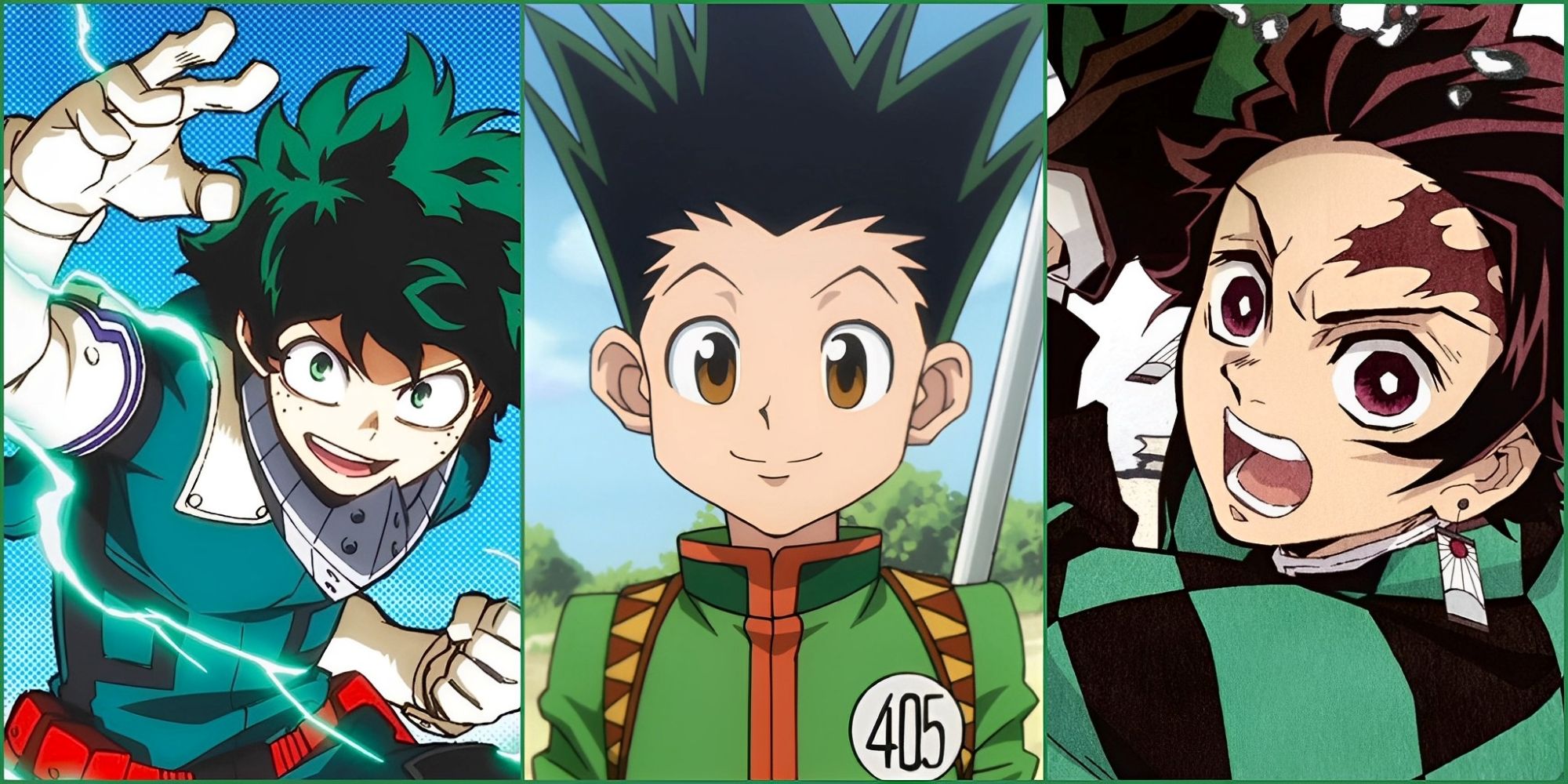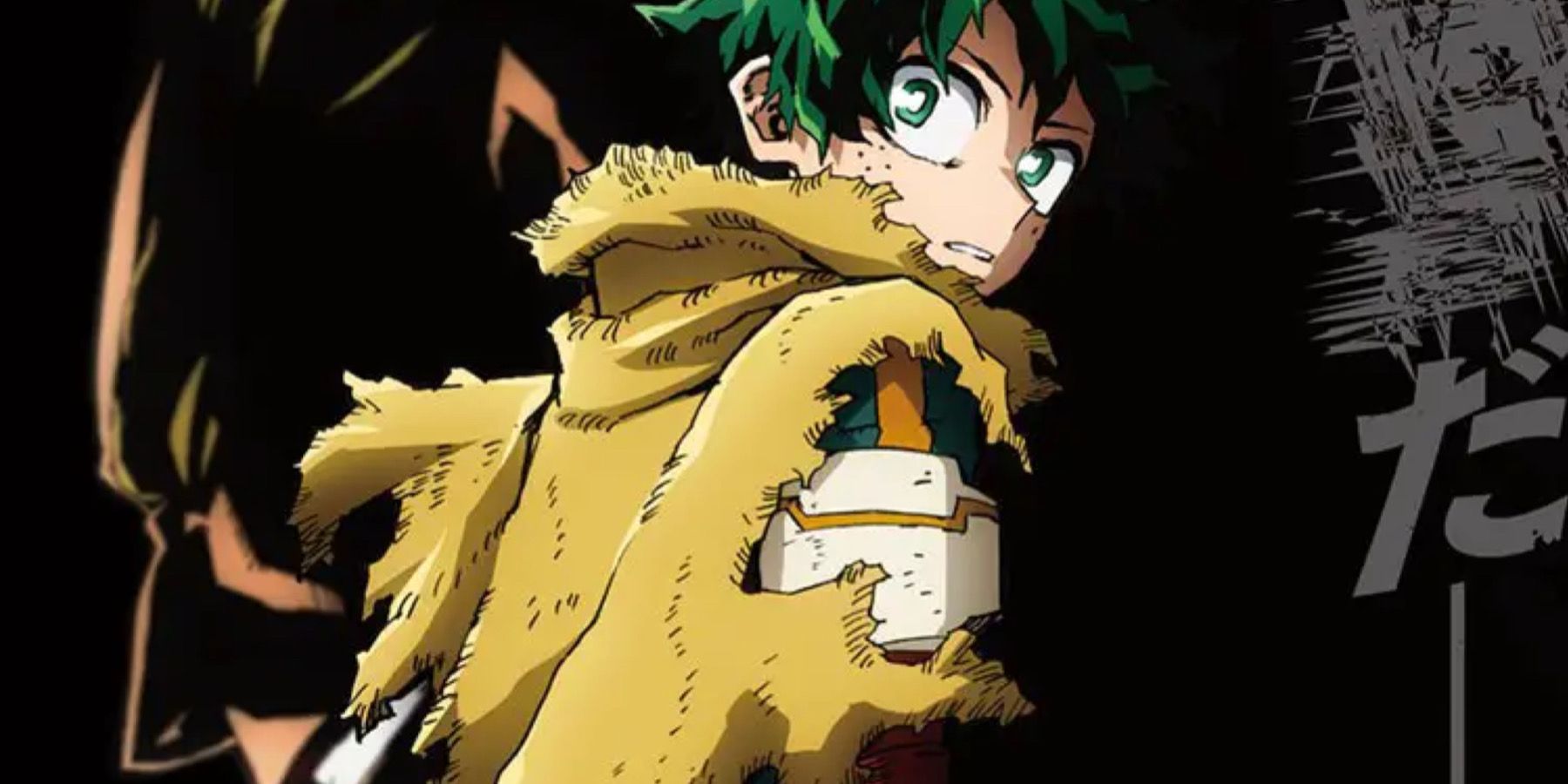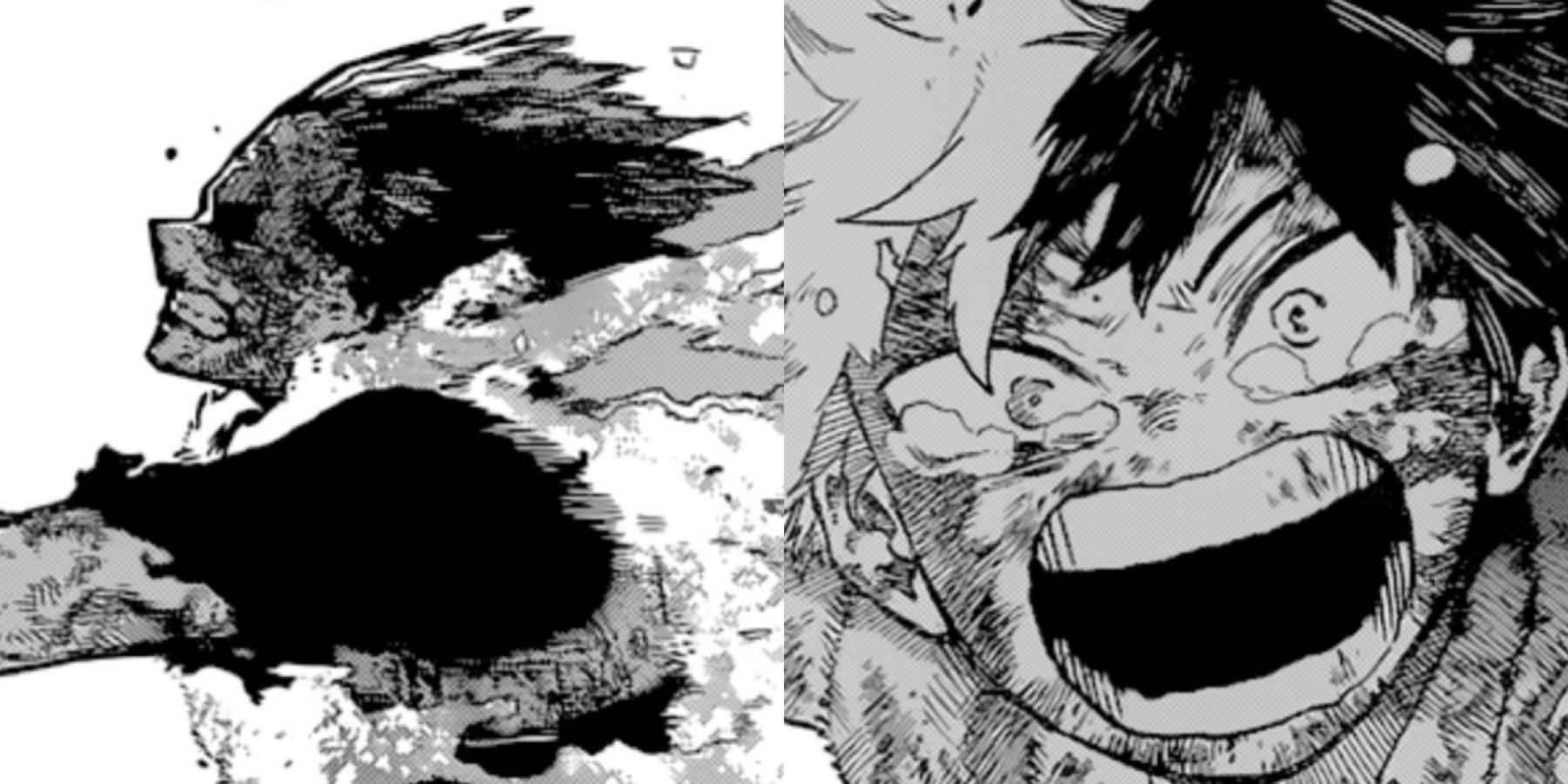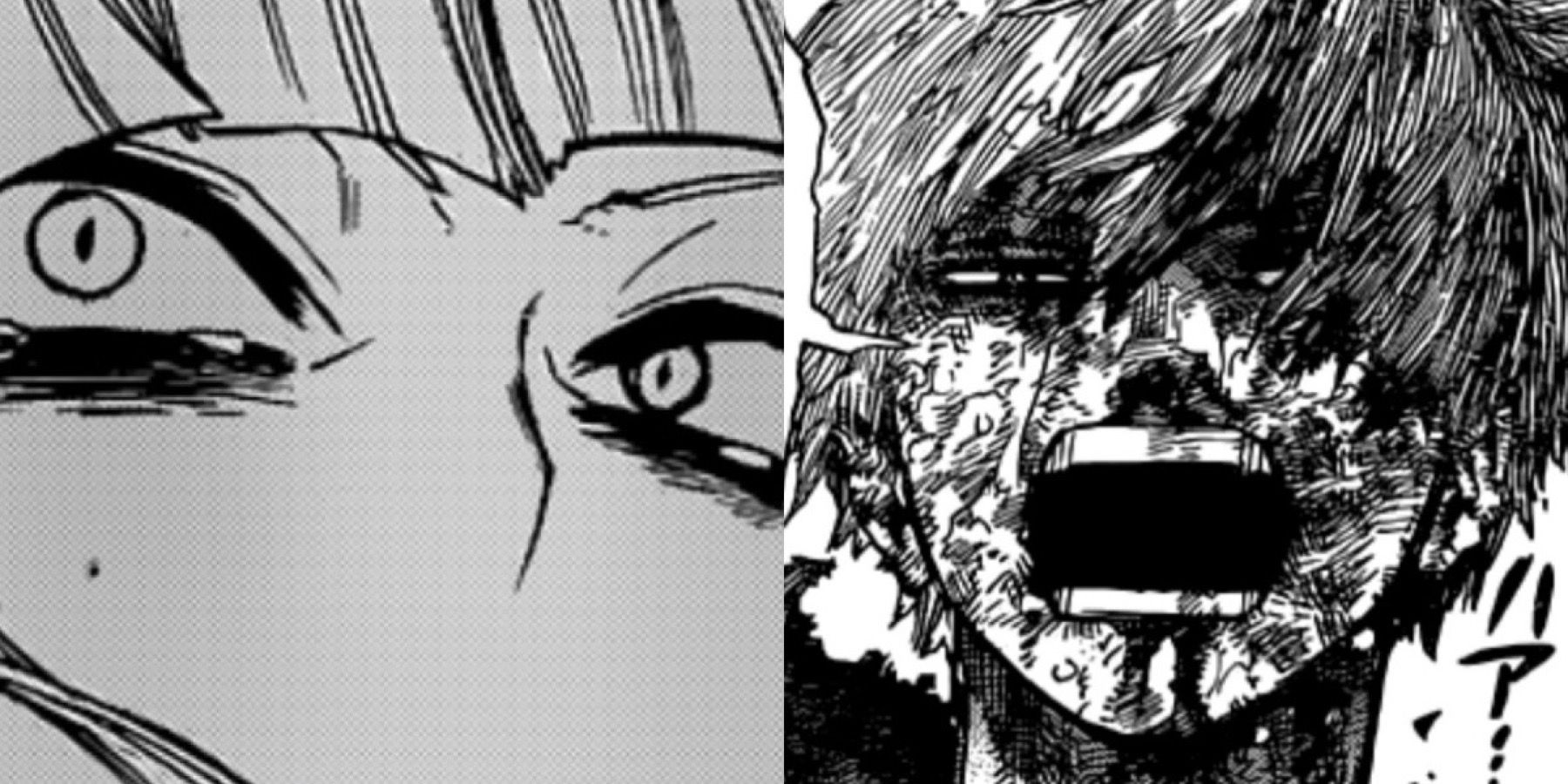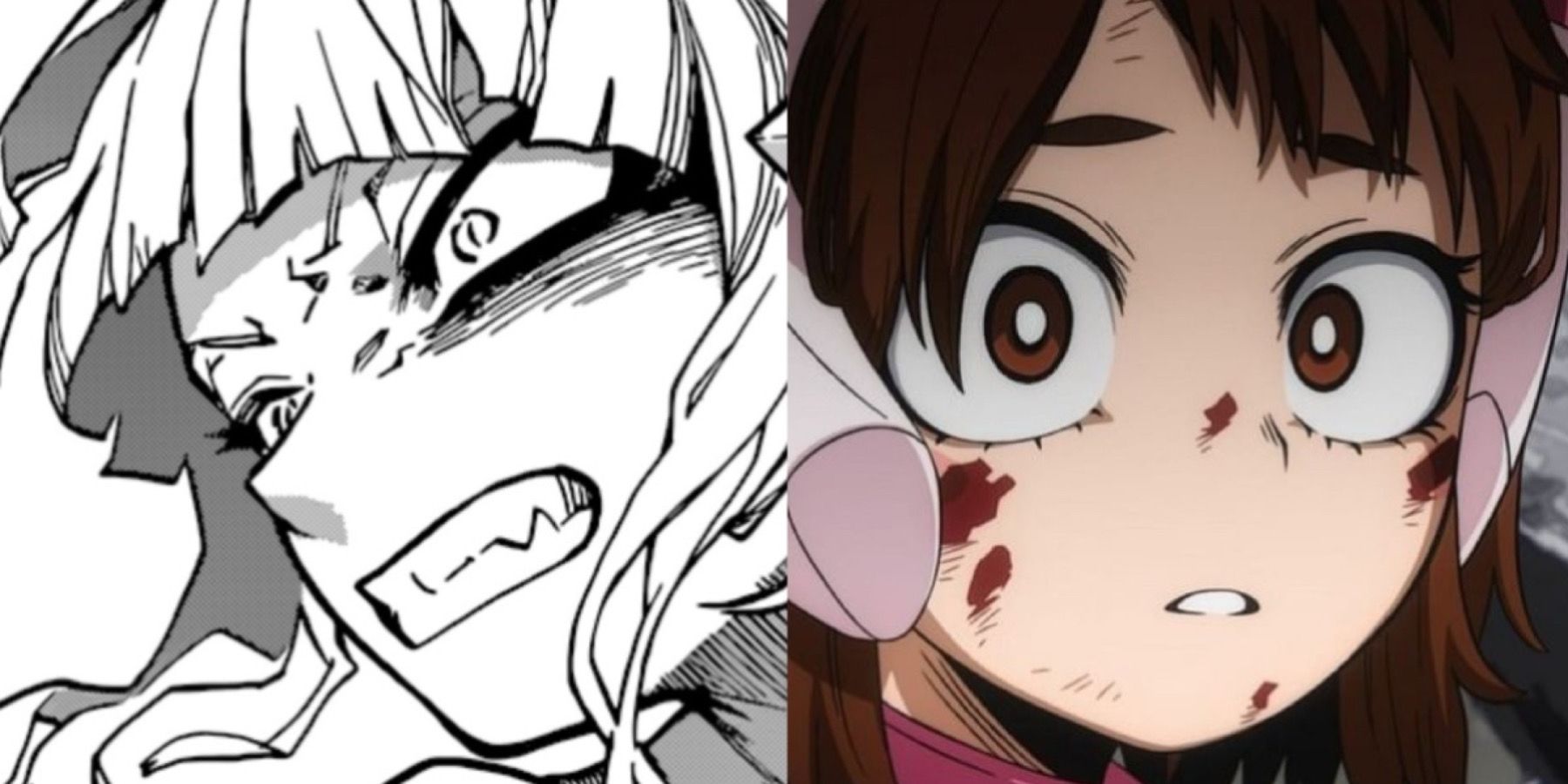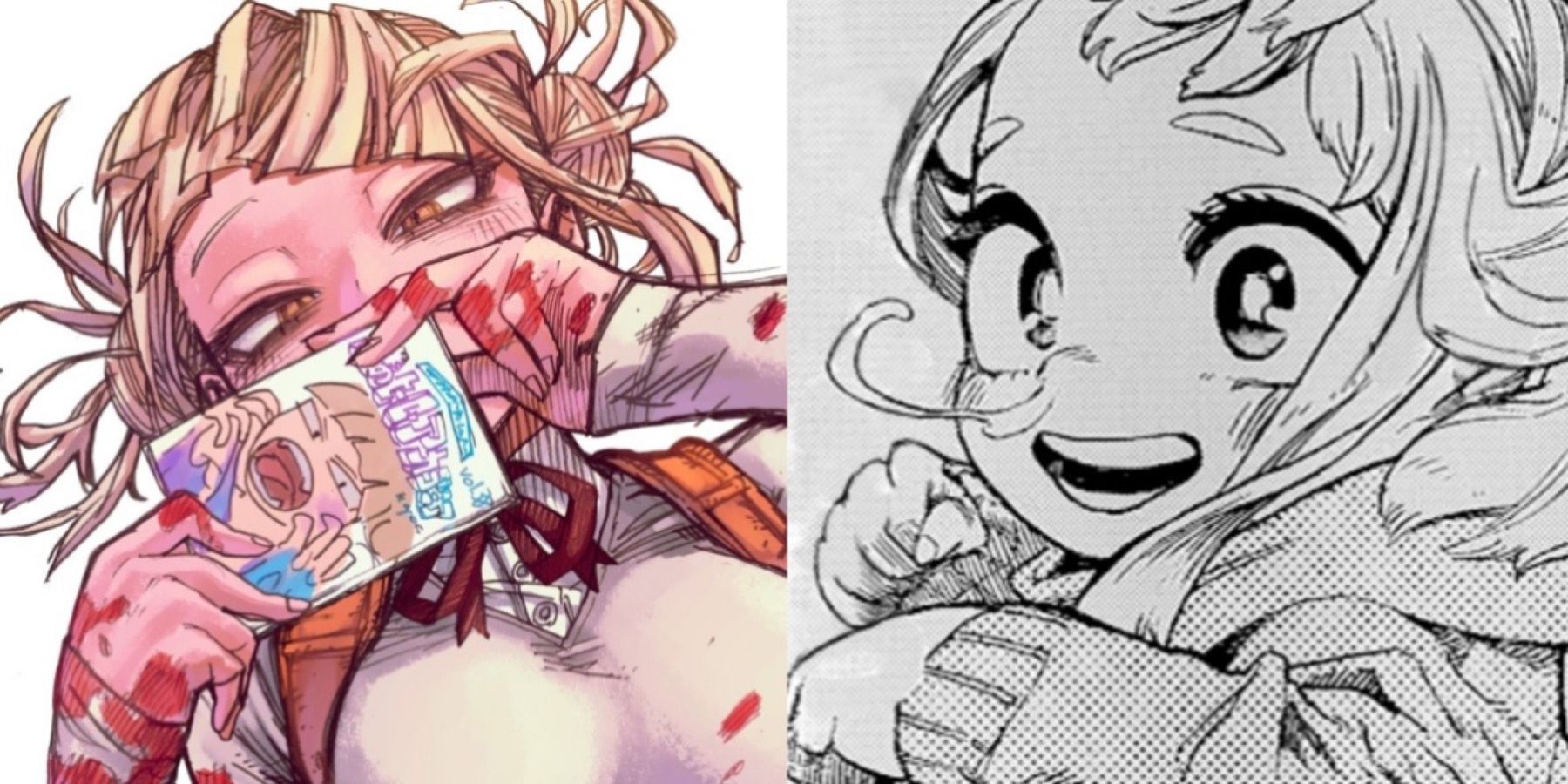
How My Hero Academia's Deku Redefines Shonen Protagonist Tropes

Deku, the protagonist of My Hero Academia, defies the conventional shonen protagonist tropes, showcasing a refreshing and unique approach Discover how this 'green' hero stands out amidst his predecessors and peers in a new school setting
My Hero Academia's protagonist, Izuku Midoriya, stands out as a central figure in the "new school" of shо̄nen manga, which has taken over from the previous era dominated by the "Big Three". While shо̄nen manga, especially those centered around battles, are known for recycling tropes, themes, and character journeys, there is a certain level of dynamism within the most popular iterations of this genre.
Izuku Midoriya, the main character of My Hero Academia, is notably distinct from the protagonists of the earlier era. This uniqueness also extends to the narrative of the series itself, despite it being a battle-focused shо̄nen manga. It follows the footsteps of its protagonist but takes a different path. What sets Deku apart from traditional shо̄nen protagonists?
Orange Hero
During the Golden Age of Jump, the rise of shо̄nen introduced a distinctive type of protagonist - an adventurous and easy-going character characterized by their goodness and carefree attitude. This specific type of main character, which we will refer to as the "orange protagonist" for the purpose of this analysis, has been greatly influenced by the impact of Dragon Ball. The name is derived from the noticeable orange effects typically associated with these characters. Shо̄nen protagonists, in general, are known for their empathetic and emotional nature, and the orange protagonist is no exception. They possess lofty goals and a strong sense of justice. Examples of these characters include Son Gokū, Gon Freecss from Hunter x Hunter, Yuji Itadori from JUJUTSU KAISEN, Shо̄yo Hinata from Haikyuu!, the titular character from Akane-Banashi, Emma from The Promised Neverland, and many others.
If one were to examine the Myers-Briggs personality profiles of these characters (for those who believe in such theories), it would become apparent that the majority of mainstream shо̄nen protagonists share similar traits. Regardless of their introverted or extroverted nature, most of these characters exhibit the Feeling and Prospecting elements in their personalities. These traits contribute to their ambitious desires and emotionally-driven journeys. For instance, Gokū and Monkey D. Luffy both belong to the ESFP personality type, further supporting the idea that Luffy is a successor to Gokū as a shо̄nen icon. Essentially, the Orange Protagonist's personality is predominantly shaped by their Feeling and Prospecting traits. Their actions are guided by their emotions rather than logic or practicality, which fuels their determination to break boundaries. They are willing to take on the world for the sake of their friends and triumph over seemingly insurmountable challenges through their unwavering willpower and conviction. These characters often encounter more brooding and strategic rivals, such as Vegeta, Sasuke, Uryū, and Killua.
Green Hero
In the realm of post-Dragon Ball battle shо̄nen, the orange protagonist is often considered the default due to the abundance of titles featuring such characters. However, there exists a group of green protagonists who possess similar traits but with a more subdued and intuitive demeanor. Deku, the main character in this context, leans more towards introversion compared to other shо̄nen protagonists. Despite this, he exhibits high levels of intelligence and empathy, allowing him to not only care for those around him but also gather extensive information about their unique abilities, known as Quirks. He incorporates this knowledge into his own understanding of One For All.
As a result, Deku possesses exceptional judgement in combat, particularly after gaining better control in the second season. The commonly associated personality profile for Deku is INFJ, which stands for Introversion, Intuition, Feeling, and Judgment. Within the realm of shо̄nen protagonists following Dragon Ball, the feeling aspect holds great significance, with extraversion taking a back seat. Many protagonists like Gokū, Naruto, Asta from Black Clover, and Luffy express their emotions openly, but Deku offers a different perspective. He lacks the same level of self-assurance yet maintains a burning desire to achieve a lofty goal. Furthermore, he begins his journey with unique attributes in a special world.
New School
Deku's approach to combat and training is more introspective and cerebral compared to the typical protagonist. Unlike the orange protagonist who relies on boundless willpower to keep going, Deku constantly grapples with the limitations of his own abilities. Whether it's risking his life to save Bakugо̄ or carrying the weight of a crumbling society, Deku's actions may not always make logical sense, but they reflect his heroic nature.
While Deku still finds himself in dangerous situations, he relies on his intelligence and instinct to overcome them. His advantage lies not in any overt ability, but in his unique mindset. Deku's journey, characterized by his compassionate nature and prolonged struggle to master his powers, sets him apart from other main characters in My Hero Academia. The series presents Deku as the protagonist, yet also delves into his relationships with characters like Bakugо̄, Todoroki, and Tomura Shigaraki, who each possess their own qualities of a typical main character. If the orange protagonist is driven by personal convictions as a feeler and dreamer, the green protagonist is similar but more of a thoughtful and emotionally intelligent thinker.
